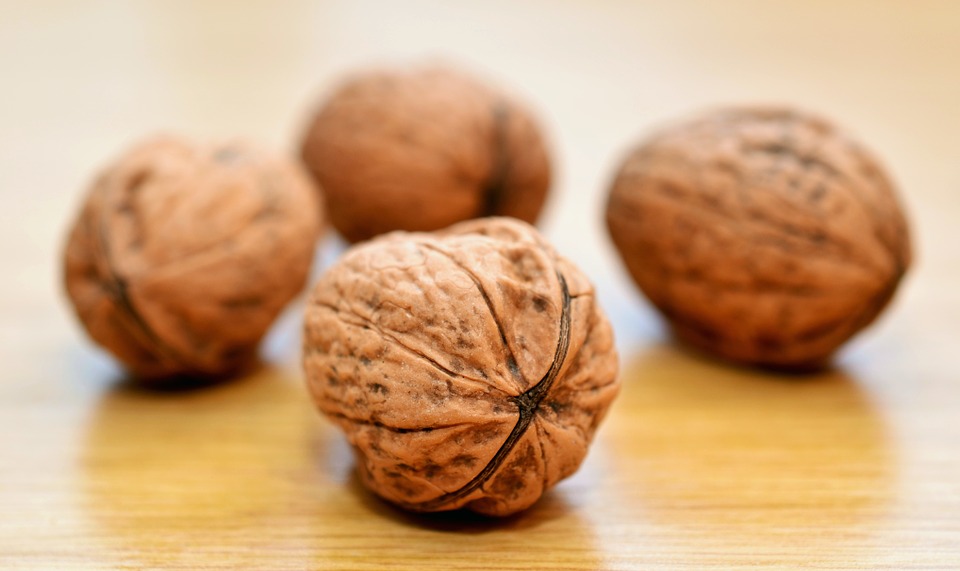March 2007: Three forms of garlic, including raw garlic and two types of commercial garlic supplements, did not significantly reduce low-density lipoprotein (LDL or "bad") cholesterol during a six-month trial, according to results published in the February 26 issue of Archives of Internal Medicine, one of the JAMA/Archives journals.
"Garlic supplements, many of which seek to package the benefits of raw garlic in more palatable forms, are promoted as cholesterol-lowering agents and are among the top-selling herbal supplements," the authors write as background information in the article. Crushing garlic triggers the formation of a compound known as allicin, which has been shown to prevent the formation of cholesterol in the laboratory. However, clinical trials on garlic as a cholesterol-lowering agent in humans have been inconsistent.
Christopher D. Gardner, Ph.D., Stanford University Medical School, Calif., and colleagues enrolled 192 adults age 30 to 65 who had moderately high LDL levels (130 to 190 milligrams per deciliter) beginning in November 2002.
Forty-nine participants were randomly assigned to receive raw garlic, 47 to take a powdered garlic supplement, 48 to take an aged garlic supplement and 48 to take placebo. The amount of garlic consumed in the three garlic groups was the equivalent of an average-sized garlic clove each day, six days per week. Fasting blood cholesterol levels were assessed monthly, and the chemical composition of the supplements was checked regularly.
A total of 169 adults completed the study, which continued through June 2005. "Retention was 87 percent to 90 percent in all four treatment arms, and the chemical stability of study materials was high throughout the trial," the authors write. "There were no statistically significant effects of the three forms of garlic on LDL cholesterol concentrations."
Continue Reading Below ↓↓↓
Levels of other types of cholesterol�including high-density lipoprotein (HDL or "good" cholesterol), triglycerides and total cholesterol�high density lipoprotein cholesterol ratio�also remained the same. No serious adverse events occurred, although bad body and breath odor were reported to occur often or almost always by 28 participants (57 percent) in the raw garlic group.
"The results of this trial should not be generalized to other populations or health effects. Garlic might lower LDL in specific subpopulations, such as those with higher LDL concentrations, or may have other beneficial health effects," the authors write. "Based on our results and those of other recent trials, physicians can advice patients with moderately elevated LDL cholesterol concentrations that garlic supplements or dietary garlic in reasonable doses are unlikely to produce lipid benefits."
This study was supported grants from the National Institutes of Health, the Human Health Service, General Clinical Research Centers, National Center for Research Resources and from the National Science Foundation. Please see the article for additional information, including other authors, author contributions and affiliations, financial disclosures, funding and support, etc. (Arch Intern Med. 2007;167:346-353.)
Garlic May Still Possess Cardiovascular Benefits
Garlic has been used since ancient times to treat cardiovascular and infectious diseases, write Mary Charlson, M.D., and Marcus McFerren, Ph.D., M.D., of Weill Cornell Medical College, New York, in an accompanying editorial.
"While garlic has been evaluated for its anti-infective, antioxidant and anticancer properties, a large number of recent basic and clinical studies have focused on its potential effect in preventing cardiovascular disease," they write.
Although the study authors "convincingly demonstrate that raw garlic and two popularly used supplements do not reduce LDL cholesterol more than 10 milligrams per deciliter when used for six months vs. placebo for six months, the results do not demonstrate that garlic has no usefulness in the prevention of cardiovascular disease."
"Garlic is one of the top-selling dietary supplements in the United States, in part because familiarity with garlic as a food gives consumers confidence that garlic supplements are safe. In general, they probably are," Drs. Charlson and McFerren write. "Do they prevent cardiovascular disease? The jury is still out." (Arch Intern Med. 2007;167:325-326.)
Source: JAMA and Archives Journals






